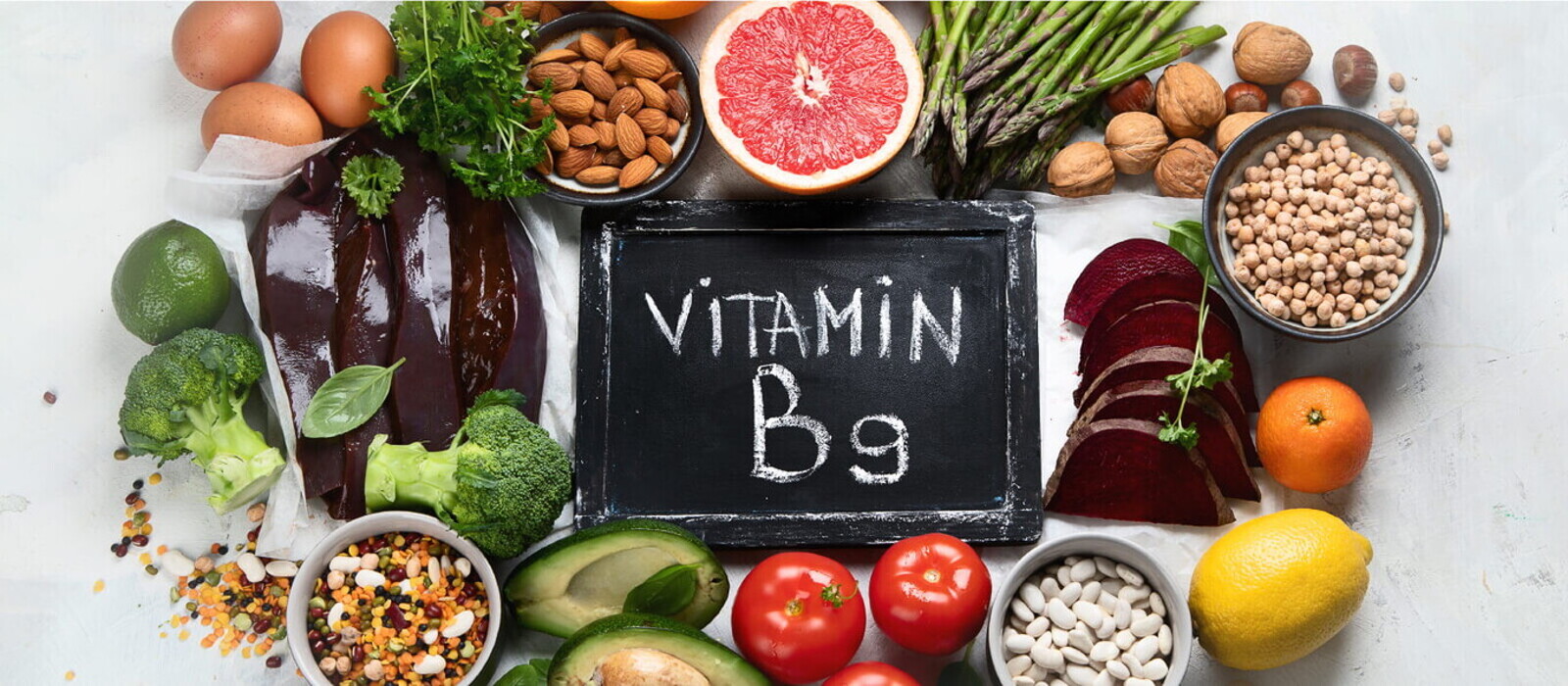Benefits of Folic Acid - Why It's Important for Pregnancy
What is folic acid and why is it important for pregnant women?

Folic Acid, your Pregnancy Mate
Consumption of a healthy balanced diet pre-pregnancy, during pregnancy and during lactation period is crucial to guarantee your health and your newborn’s health. Adequate intake of vitamins and minerals will help in preventing birth defects, diseases and in developing a healthy baby. In fact, one of the most crucial vitamins during pregnancy is Folic Acid.
What is folic acid and why is it important for pregnant women?
Folic acid is an essential vitamin for our body since it helps in making healthy red blood cells.1 It is the version of the vitamin B9 (folate) made in our bodies.1 Everyone needs folic acid but it is a crucial pre-pregnancy and pregnancy vitamin that needs to be taken by all women of childbearing age.2 It will help in planning for a healthy pregnancy because it helps in preventing major brain and spine birth defects in babies known as neural tube defects (NTDs).2
When should I start taking folic acid?
The risk of having birth defects of the brain and spine can happen in the first weeks of pregnancy. To prevent these defects, it is better to be prepared in advance and start taking folic acid before you start planning on getting pregnant. In fact, unintended pregnancies can happen and starting to take folic acid today has no harm but in contrary it will help in building stores in your body because by the time you realize you are pregnant it might be too late to prevent these birth defects.3
How much folic acid do I need to take and how do I get it?
The recommended daily amount for woman of childbearing age is 400mcg/day.2 And there are 3 different ways in which you can get your folic acid needs:
- The easiest way is taking a vitamin with 400mcg of folic acid. If pills bother your stomach, try taking them with meals or just before sleeping.1
- Eating a diet rich in folic acid. Folic acid is found in:3
- Beans, peas, and lentils
- Oranges and orange juice
- Asparagus and broccoli
- Dark leafy green vegetables such as spinach and mustard greens
- Eating foods fortified with folic acid such as breads, pastas, rice, cereals and cereal bars, corn chips and tortillas. Check the nutrition label on food packaging to see if the product contains folic acid and how much it contains per serving. A serving of 30g from some cereals may contain between 20-30% of your daily folic acid needs.3
It might be difficult to reach the recommended daily intakes only from food sources therefore vitamin supplements will be recommended. Make sure to have the right amount of folic acid either from food sources or vitamin supplements or both, keep in mind that there is no need in exceeding the recommended daily needs. Always consult with your doctor for any concern or sign and symptom you feel.
References:
1. Folic acid: vitamin that helps the body make healthy red blood cells - NHS (www.nhs.uk)
2. Women Need 400 mcg of Folic Acid Every Day | CDC
3. Folic Acid Helps Prevent Some Birth Defects | CDC

